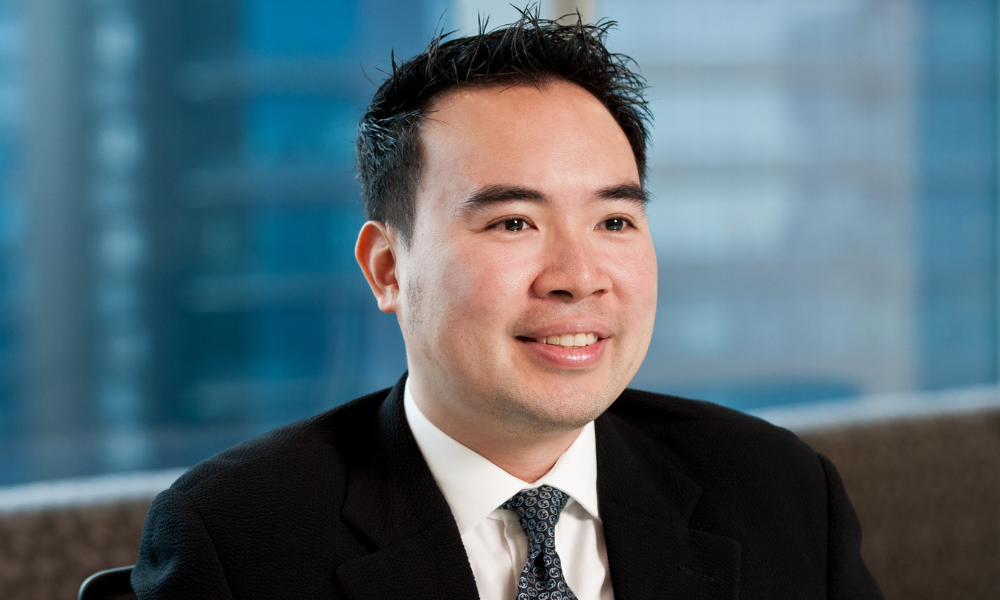HRD looks at how firms with an international workforce will benefit from a set of globally recognised HR standards to run their business operations
“In 2005, the world’s largest HR member organisation – the Society for Human Resource Management (SHRM) – asked its members if we should or shouldn’t have HR standards. That is the wrong question, as HR standards are not optional.”
Neil McCormick, principal adviser at HRM Advisory, and Chris Andrews, director of HR at Bond University, talked to HRD about why HR needs to have some sort of globally recognised standards.
“In order to evaluate performance you need standards – every performance auditor understands that,” they said.
As well as improving performance evaluation, bringing in a set of HR standards will boost the quality of HR practice and clarify the value of HR management. It also allows focus on best practices, complete with timely revisions through clearer definitions of the different metrics and measures applied.
“According to the Strategic Business Plan for the ISO/TC 260 Committee, standards for HR will bring improvements in the quality of HR practice, leading to improvement in organisations’ performance,” McCormick and Andrews said.
The ISO/TC 260 Committee – otherwise known as the International Standards Organisation Technical Committee – consists of 24 participating countries and 18 observing countries worldwide. Australia, Canada, the US and Malaysia participate while New Zealand observes. As of writing, Singapore is not yet a member.
McCormick and Andrews explained that global HR standards will shed light upon the value that HR creates by providing a framework for consistent measures and processes across the global workforce.
“There is a need for greater consistency in the terminology used in HR management used to facilitate knowledge, innovation, international trade and practical exchange,” they said.
Related stories:
Managing a global workforce
Designing an HRIS to support globalisation
How to choose the best Asia-Pacific regional leader
Neil McCormick, principal adviser at HRM Advisory, and Chris Andrews, director of HR at Bond University, talked to HRD about why HR needs to have some sort of globally recognised standards.
“In order to evaluate performance you need standards – every performance auditor understands that,” they said.
As well as improving performance evaluation, bringing in a set of HR standards will boost the quality of HR practice and clarify the value of HR management. It also allows focus on best practices, complete with timely revisions through clearer definitions of the different metrics and measures applied.
“According to the Strategic Business Plan for the ISO/TC 260 Committee, standards for HR will bring improvements in the quality of HR practice, leading to improvement in organisations’ performance,” McCormick and Andrews said.
The ISO/TC 260 Committee – otherwise known as the International Standards Organisation Technical Committee – consists of 24 participating countries and 18 observing countries worldwide. Australia, Canada, the US and Malaysia participate while New Zealand observes. As of writing, Singapore is not yet a member.
McCormick and Andrews explained that global HR standards will shed light upon the value that HR creates by providing a framework for consistent measures and processes across the global workforce.
“There is a need for greater consistency in the terminology used in HR management used to facilitate knowledge, innovation, international trade and practical exchange,” they said.
Related stories:
Managing a global workforce
Designing an HRIS to support globalisation
How to choose the best Asia-Pacific regional leader





